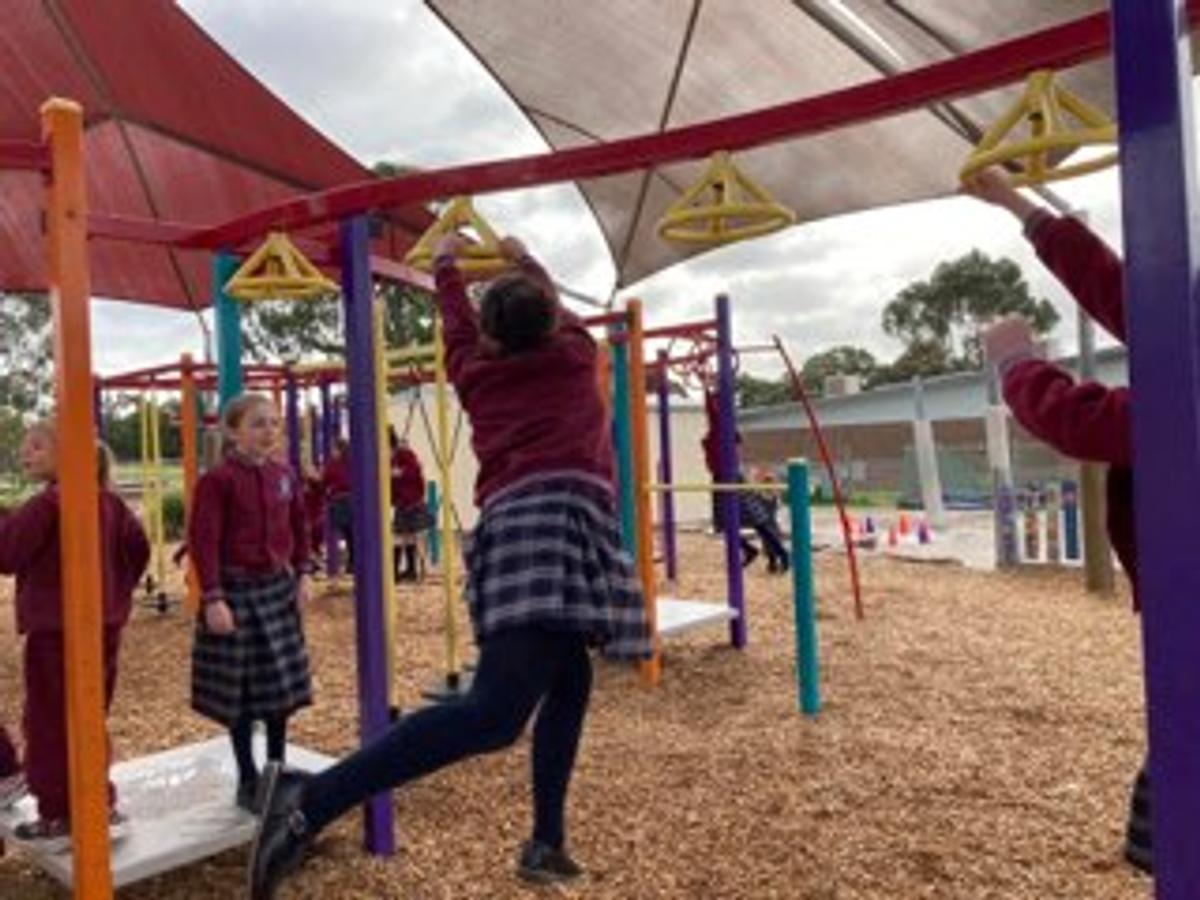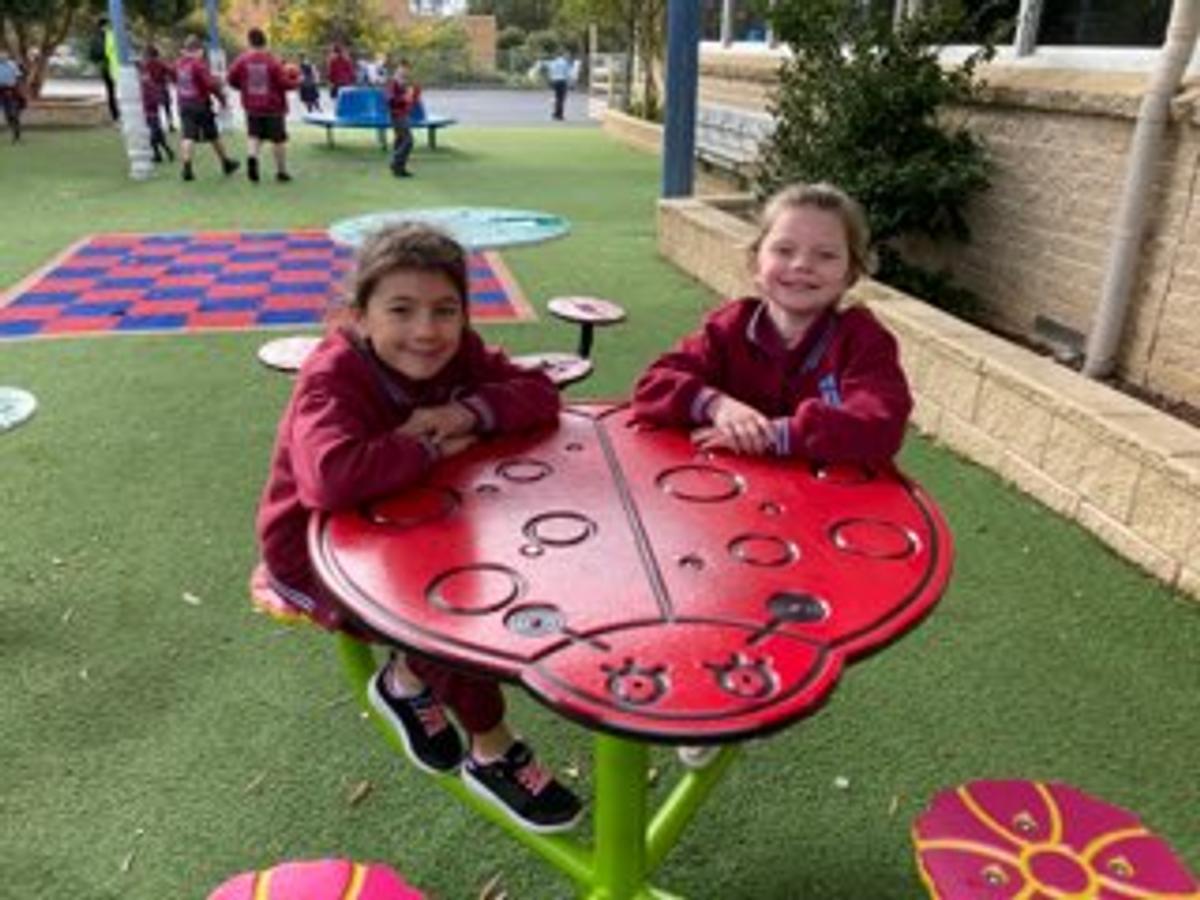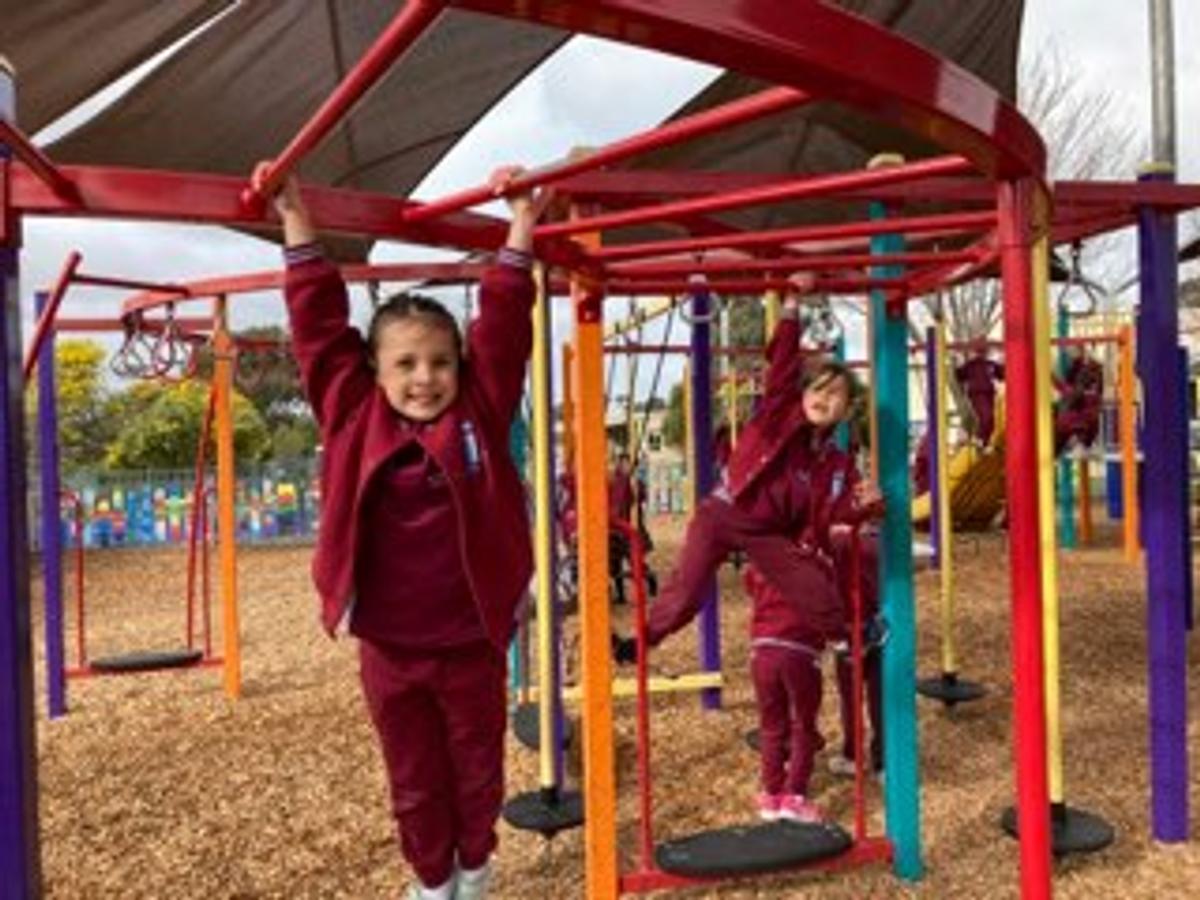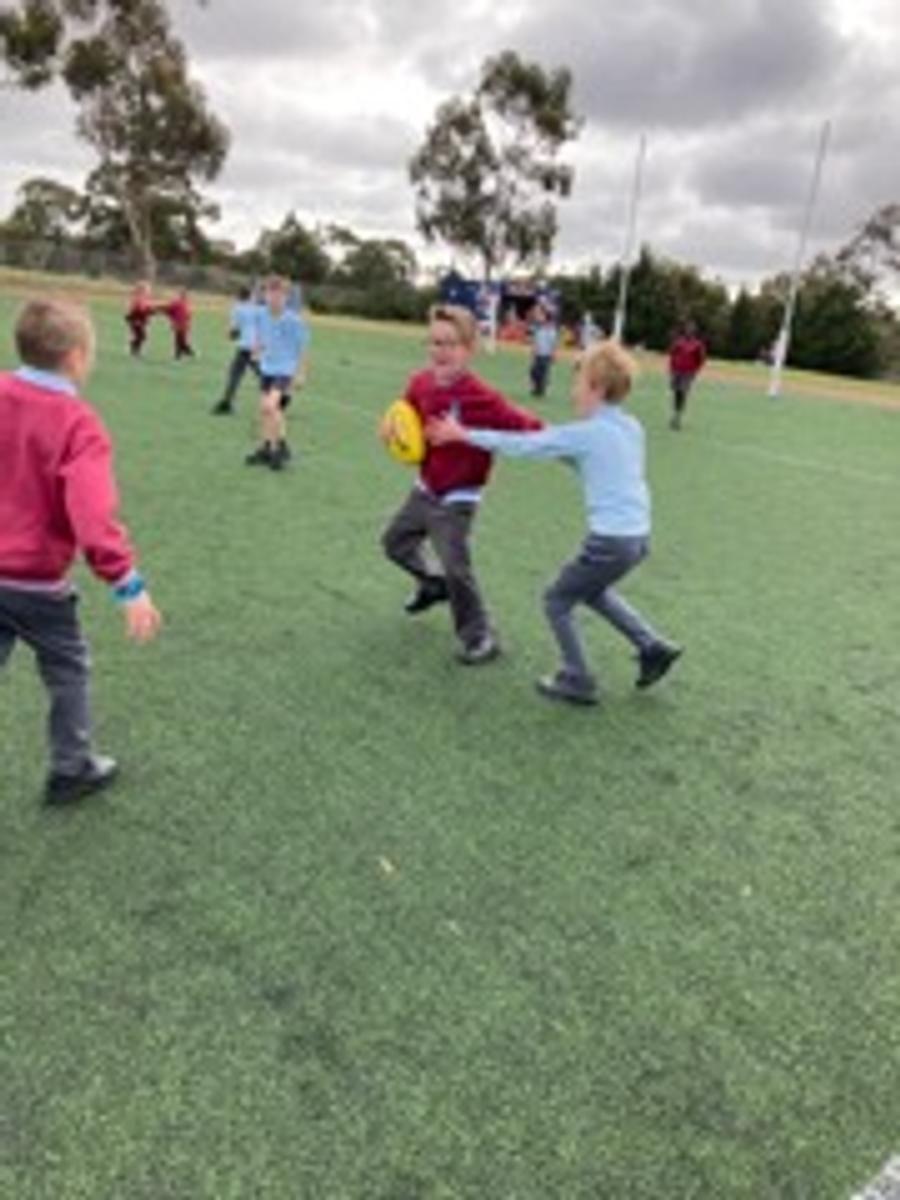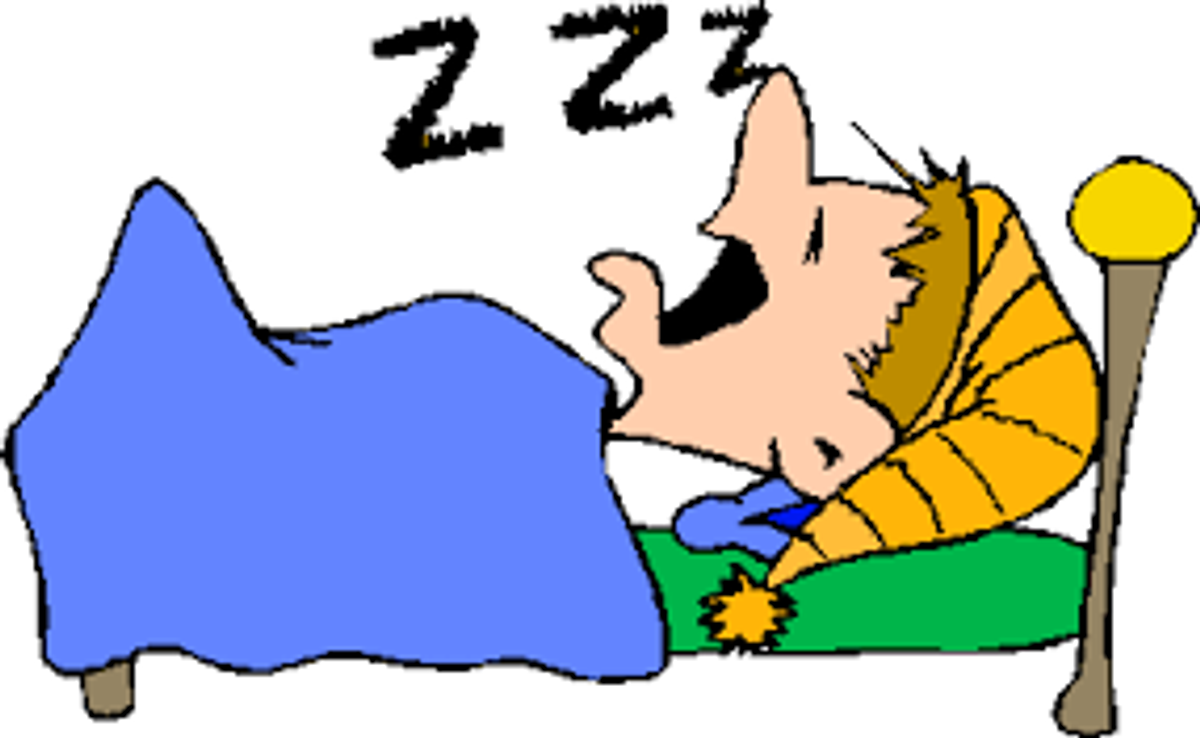Wellbeing News
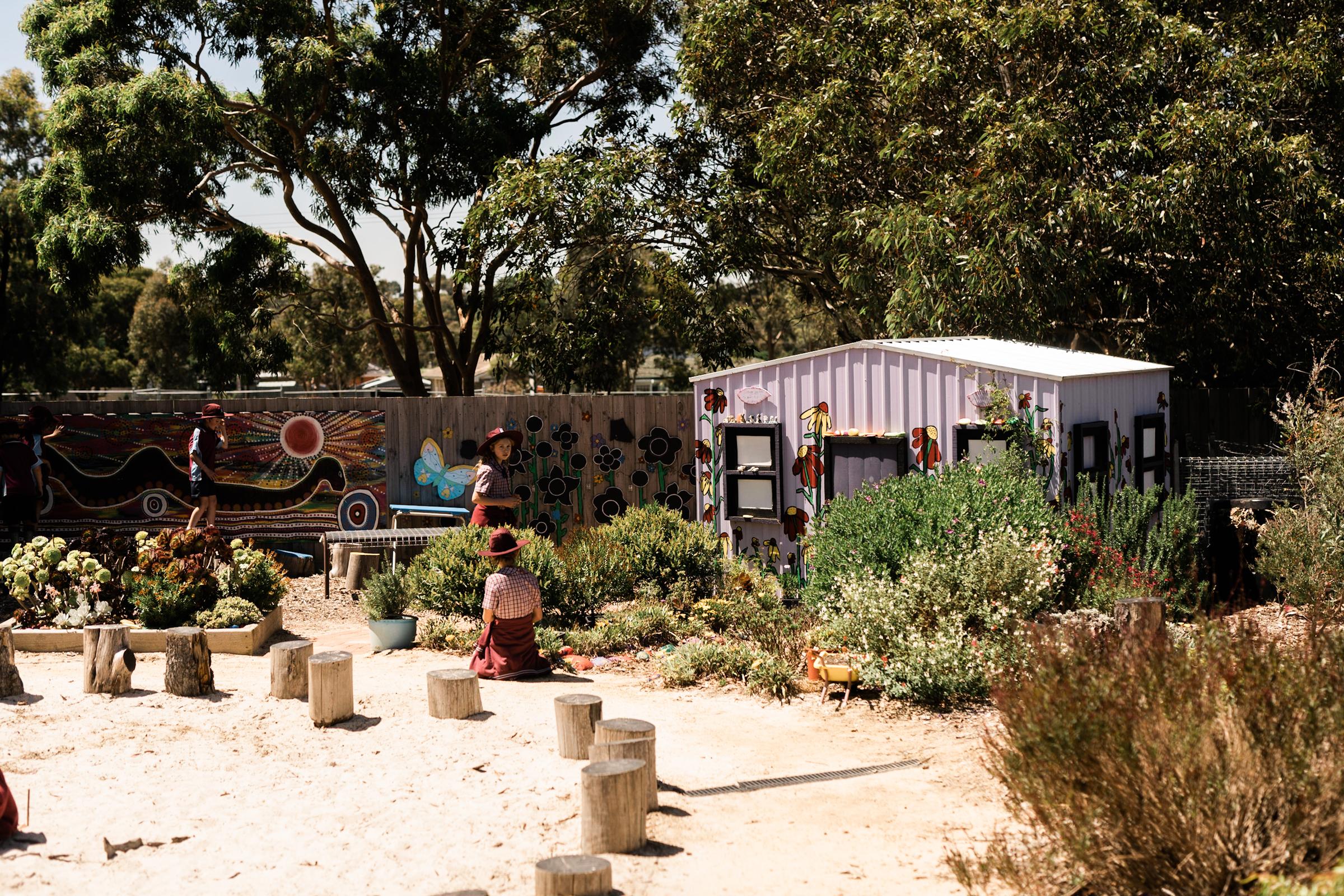
Playing Well
It is lovely to see children playing well and enjoying the company of their peers. Many students would say that playtime is the highlight of the school day. It is through play that children learn to negotiate, compromise, trust, understand the importance of rules and show care for each other. Through positive play experiences children build their self esteem, develop a positive self image and learn about their values and beliefs. We thought that we would share some photos of our students having fun during play.
The Australian Government National Mental Health Commission
Parents may be interested in- The Australian Government National Mental Health Commission are holding community conversations in Victoria.
The National Mental Health Commission are ‘inviting people with lived experience, their families, loved ones and support networks, and service providers to work with us to shape the future of the mental health and suicide prevention systems’.
The Making Connections for Your Mental Health and Wellbeing program (Connections2022) is an opportunity for you to share how recent changes to the systems are working for you and your community, and the challenges you have experienced that are having an impact on your mental health and wellbeing.
- What has been the biggest challenge for your community in the past 2 years?
- What has supported your mental health during those times?
- How will you know when things are getting better for your mental health?
- What improvements would you like to see happen in your community in future?
Your voice is essential in helping us develop a National Outcomes Framework which will provide timely and reliable insights that enable governments to make decisions with confidence, while improving the levels of transparency and accountability across the mental health and suicide prevention systems.’
More information and to register to participate can be found at this link:
https://haveyoursay.mentalhealthcommission.gov.au/hub-page/vic-connections-2022
A Good Night Sleep
We all know a good night's sleep is essential. We all know how better we feel after a good night's sleep and how ready our minds are. We also know how cranky and short tempered we can be without a good night's sleep. This is so true for our children also.
Sleep is an essential part of everyone’s routine and an indispensable part of a healthy lifestyle. Studies have shown that kids who regularly get an adequate amount of sleep have improved attention, behaviour, learning, memory, and overall mental and physical health. Not getting enough sleep can lead to high blood pressure, obesity and even depression.
We urge parents to be mindful of how much sleep your children are getting along with the quality of sleep. Many parents would be surprised by the number of children who arrive at school saying that they are tired or even needing a nap in the classroom. And at the very least, the number of children who find it hard to concentrate or are quick to react to their friends. The following article highlights the importance of sleep along with practical ideas to support positive sleep routines.
10 Ways to Help Your Kid Get a Good Night's Sleep
Essential tips for managing TV, tablets, phones, and more so your kids (and you) can get to sleep -- and stay asleep.
Parents know firsthand the impact a poor night's sleep has on kids. Lack of sleep can contribute to crankiness, problems with attention and learning, behavior issues, and even health problems such as obesity. Though the reasons for poor sleep vary, there's growing evidence that media and technology interfere with bedtime routines and sleep.
Studies on how media use affects kids' sleep aren't conclusive. But they do highlight certain behaviors that are associated with poor sleep. We've put together a list of tips for ways your family might manage tech use to help your kids (and you!) sleep better. We hope you find something that works for you.
Encourage physical activity instead of screen time after school. After a long day at school, many kids just want to plop down in front of a computer or TV and veg out. Although kids definitely deserve a break, studies show that increasing physical activity during the day can lead to better sleep. You may get more buy-in if you use one of these tools to encourage kids to move.
Go grayscale. It's possible that the blue light emitted from laptops, tablets, and smartphones interrupts sleep patterns. Here's how to change your screen to warmer tones on iPhones and Android phones.
Try white-noise apps to calm babies and toddlers. With bedtimes for young kids starting as early as 6:30 or 7 p.m., you may find it hard to provide a quiet environment for sleeping babies. Apps such as White Noise (iOS/Android, $1.99) or White Noise Baby (iOS/Android, $0.99) can help soothe little ones to sleep while the rest of the family carries on with regular evening activities.
Limit young kids' exposure to violent content. Especially for kids under 8, seeing violence in videos, on TV shows, in video games, and in movies can directly affect quality sleep. Exposure to media violence can increase kids' anxiety and lead to nightmares that interrupt the sleep cycle.
Keep TVs out of the bedroom. The connection between bedroom TV and poor sleep is well established. Kids don't sleep as well or as long with a TV present. Set up other comfy spots in the living room or on the bedroom floor for tweens and teens to do computer work or just enjoy their screen time.
Make the bedroom a "no-connection" zone. The growing trend of sleep-texting is a disturbing enough reason to play it safe. Confine online activity to common areas such as the dining room or living room and have kids charge their phones in another room at night.
Minimize screen time right before bed. Try to establish the hour or so before bed as a screen-free time for kids to wind down. A calming routine such as a bath followed by quiet activities or reading will help young kids make the transition more easily. Getting teens to "unplug" before bed will help them disconnect from the excitement and drama happening online. You can schedule bedtimes on iPhones and Android phones so that they automatically turn off at the same time every night.
Introduce your kids to meditation or calming apps. Meditation apps can be a quieting addition to kids' bedtime routines. Stop, Breathe & Think (iOS, free) offers 15 guided meditations that encourage kids to take stock of their mental and emotional states. Try some of these meditation apps.
Set up a phone/iPod charging station in the family room. Some studies suggest that simply sleeping near small devices such as phones is associated with poorer sleep. With notifications and texts coming in at all hours, tweens' and teens' sleep will get fewer interruptions if they leave their phones in the living room or kitchen for the night.
Model healthy sleep habits. No matter which ground rules and routines you put in place for your family, it will be a hard sell if you don't practice what you preach. Young kids emulate their parents, and tweens and teens will question your rules if you don't follow them yourself.

